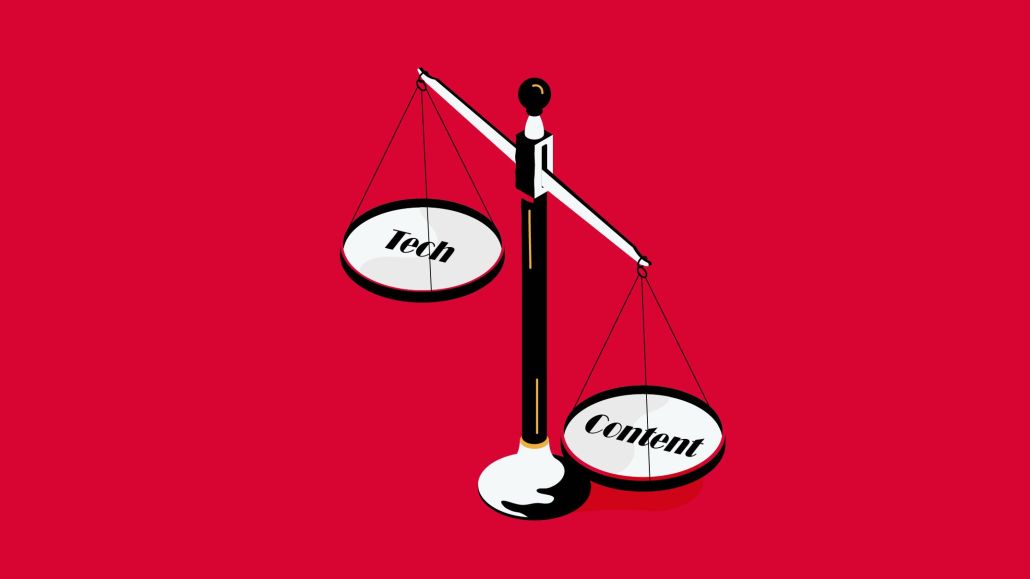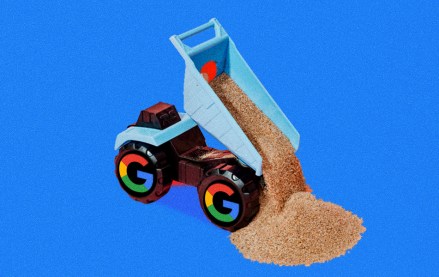Brands, media agencies decide to outsource content creation as it becomes more difficult

While creating content is essential for the business, more agencies are outsourcing their content needs as the work becomes more challenging.
Content creation agency Verblio surveyed more than 400 content marketers across agencies, freelance and in-house to get insights on the state of digital content in 2022. The results showed 71% of in-house marketers and 68% of agencies are outsourcing their content needs to freelancers. They also reported that the most effective type of content for driving results seems to be blog posts.
However, marketers said some of the top content challenges they faced included limited resources, a lack of industry knowledge and the need to manage client expectations. Content can serve as a way to provide measurable outcomes to clients. Bill Durrant, managing director of Exverus Media, added that affiliate-type content is what makes agencies a “true business partner” with a publisher or influencer.
“Critically, it means a direct line of sight to trackable sales, which keeps the CFO and CEO happy,” Durrant told Digiday. “With many performance channels, we do not have the chance to tell a deeper story about a brand or product, so they benefit from deeper, custom content complementing their media mix.”
Additionally, one-fourth of agencies said that more than half their income comes from content creation, according to Verblio.
Increasingly, as the research notes, marketers have found a solution in acquiring help from freelancers and content marketplaces that generate content in their respective fields, whether that’s in real estate or information technology or other topics.
“Content is the reason people visit websites,” Andy Crestodina, co-founder and CMO of Orbit Media Studies, said in the report. “Clients eventually figure this out and moments later, discover the limits of an all in-house team. This research shows that all but the biggest companies need help. And the best agencies are there for them.”
Other highlights include:
- Some 75% of agencies are getting help from either freelancers or content marketplaces, with 54% of those working exclusively with freelancers.
- Another 21% of agencies said content creation accounts for more than three-quarters of their revenue. The majority (67%) of these have more than 10 employees, so this is the case for larger agencies.
- In terms of volume, 41% of agencies are producing five to 14 pieces of content per month, while 39% are producing one to four pieces per month. But as Crestodina noted in the study, “for most clients, results will be flat. Unless you have data to support the more-is-better case, you’re probably better off publishing fewer, better pieces…”
- Blog posts and landing pages continue to lead the way for a successful content strategy, as Verblio noted in 2021. Social media and email newsletters were the most effective channels for distributing content.
- Most content marketers are evaluating their content quality on engagement (41%), such as clicks and time spent on a page, and conversions (29%), such as filling out forms. Another 15% of marketers said qualitative data is the best measure of quality content.
- Content teams sit in various places across the organization – 38% are in the growth team, 29% are in-house creative agency side and 17% are with the brand team.
- The biggest bottlenecks to successful content strategy were industry and audience knowledge (28%), managing client expectations (24%) and not enough resources (20%).
- The demand for content is only rising, with 86% of agencies agreeing that there is an increasing need, and the majority of them are still investing in content marketing in the long run.
More in Media

Publishers’ Privacy Sandbox testing enters a ‘holding pattern’
Google’s Privacy Sandbox needs some work before publishers say they’re willing to dedicate time and attention to testing further.

NewFronts Briefing: TikTok and Meta pitch short-form video offerings and AI tools on the final day
On the last day of the IAB’s four-day NewFronts event, social platforms like Meta and TikTok pitched their short-form video offerings to advertisers – and the latter social media platform addressed the Senate’s recent ruling to ban it in the U.S.

Google and DOJ attorneys begin closing antitrust arguments
The day covered a number of key topics core to the case including search market landscape, search quality, alternatives options for users.








